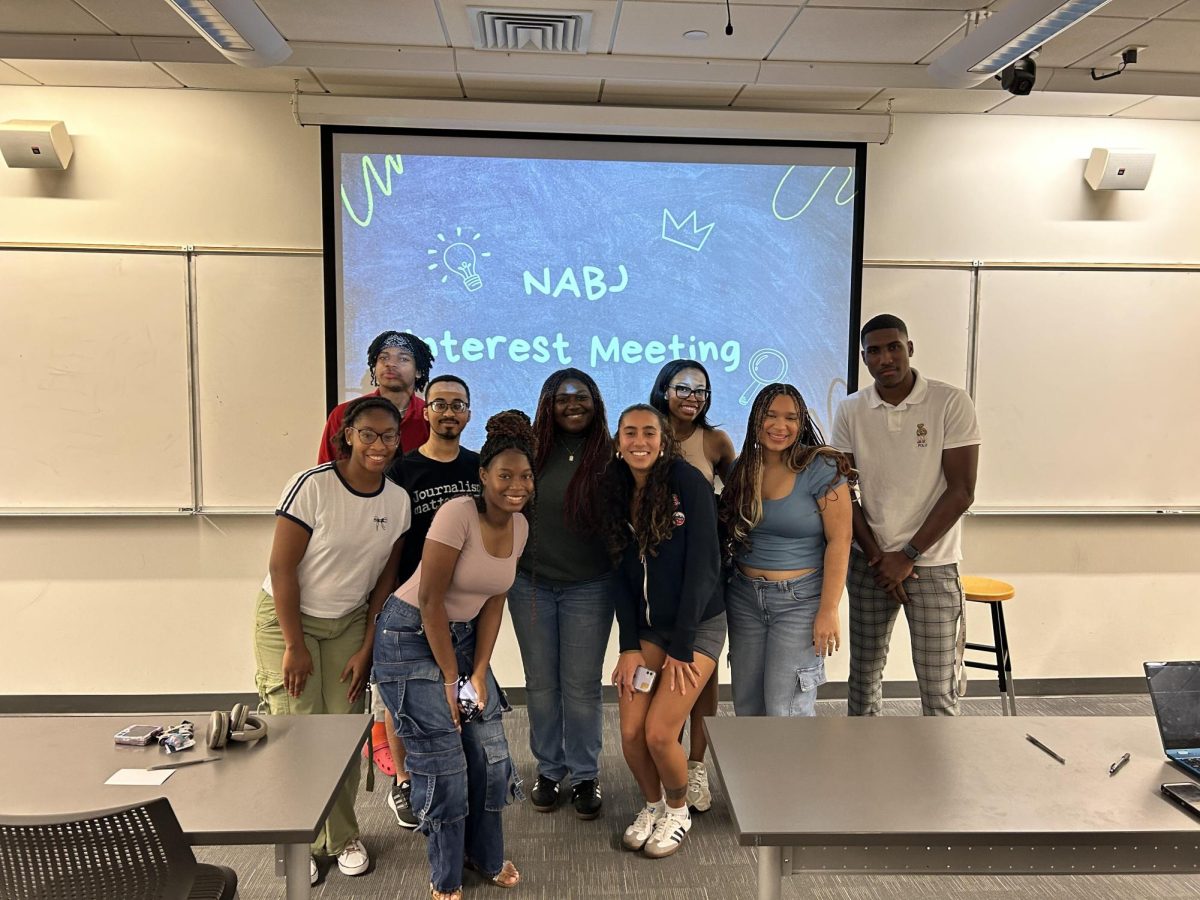Khaled Badr, biology junior, and Michael Falotico, music industry business junior, triumphed in the Student Government Association elections April 19, but that’s about all the average student has seen regarding SGA.
650 students voted in this year’s election, which is down from 1,000 who voted in last year’s election.
Loyola, being a small school, seems like the kind of place where anyone could get involved and stay in the know about student organizations, especially SGA.
However, many are saying that is not the case.
“I think it’s just students not knowing where to go but also not knowing that if they want something changed, they need to voice that,” said Jenna Rae Vercillo, Loyola’s assistant director of student leadership.
“If students don’t know to voice their opinions, SGA representatives will just ask around their friend groups, and no changes will occur,” she said.
Surveying isn’t the most effective tool, since students aren’t aware, Vercillo said. She said she believes branding is key to SGA’s visibility.
“We need to have repeat events and let students know what that SGA brand is,” Vercillo said. “I think SGA needs to communicate more effectively with our resources and hold public events that let students know when SGA accomplishes things.”
Most students simply are not aware of what SGA does or the power they have over organizations.
“Students just don’t feel a connection or aren’t invested in what student government does,” said Michael Morin, who served as SGA president this year. “There’s so many other things going on, students on this campus are doing things 24/7, so they have other things to be worrying about.”
“Outside of elections and giving away free food, I don’t really care about what SGA does,” said music performance freshman Taylor McMasters. “I really don’t see anything they do on campus and don’t really care.”
According to economics junior Kenny Wink, Loyola projects an aura of apathy.
Loyola students notoriously do not participate in campus events and turn a blind eye to what’s going on around them, especially to the organization that has the most control over day-to-day student activities, SGA, Wink said.
“I think apathy is a trend at Loyola. You can have the best event on campus and still no one will show up,” Wink said. “It’s not just a problem with SGA. It’s a problem with all of Loyola’s organizations.”
Wink said he believes the problem stems from Loyola’s strong commuter presence. He also thinks students are disillusioned by SGA because they don’t see its effects.
“People don’t see their voice in it,” Wink said. “They don’t see SGA taking on policy issues.”
Phi Kappa Psi president and economics senior Stephen Coburn said he thinks some of SGA’s biggest actions take place outside of the public view, like allocations.
“As president of an organization, I’ve been involved and working with SGA for a long time,” Coburn said. “One of the best things I’ve seen from SGA is the allocations process.”
Coburn said he believes SGA works with other organizations with the allocations process.
“We have this fund that we could use, and it benefits the rest of the community,” Coburn said. “SGA is a limited organization, but it has the funds to empower other organizations to go do bigger things.”
Allocations are the best and most unknown tool SGA has, according to Coburn. But what can SGA do to increase its visibility and credibility?
Butch Oxendine is the executive director of the American Student Government Association and has written several books on student leadership.
“Why should students care?” Oxendine said. “Producing a few events doesn’t make students care, signature programs that SGA is known for make students care.” Signature programs are tangible things that students know their SGA for, such as a discount card.
“I don’t believe in apathy,” Oxendine said. “SGA members need to take 10 minutes to reach out every day to students, if they want to do it right. Turn office hours into surveying hours for your constituents.”
Loyola is smaller than schools Oxendine is used to working with, but even simple surveying won’t make SGA visible to students.
Larger schools such as Louisiana State University have this problem, too.
“I think they don’t get as much credit as they need,” said former LSU SGA member Chris Grillot. “They control a lot of money and no one takes them seriously.”
Morin said he experienced this attitude with students at Loyola.
“People are just never going to really care too much about what we do, which is fine,” Morin said. “The most we can do is try to get out there and get visible, showing students that we actually matter.”
Eric Knoepfler can be reached at [email protected]










